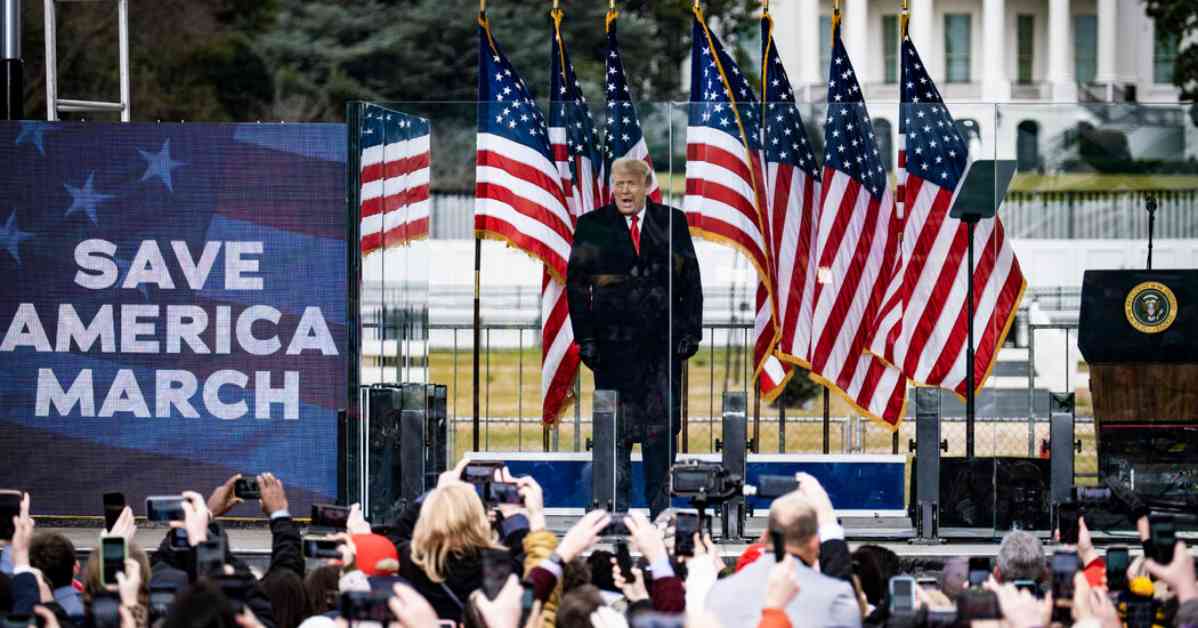After the conclusion of the federal criminal cases against President-elect Donald J. Trump, there are still lingering questions about the limits of presidential immunity and the ability of outside special counsels to investigate high-level wrongdoing by presidents. The cases, related to Trump’s actions in trying to overturn the 2020 election and hoarding classified government documents, were stopped because he won the 2024 election before they could be fully resolved.
Special counsel Jack Smith, who brought the cases against Trump, requested the courts to close them on Monday. He pointed to the Justice Department’s belief that sitting presidents should have temporary immunity to prevent distractions from their official duties. This decision means that Trump may not face criminal consequences for his actions, at least for now. However, there is a possibility of charges being refiled once he leaves office, although the statute of limitations could be a barrier by then.
The unresolved issues include the extent of protection for former presidents, as established by a Supreme Court ruling, and the Justice Department’s ability to bring in an outside prosecutor to investigate a president suspected of crimes without facing conflicts of interest. These questions are left unanswered as Trump prepares to take office again.
The uncertainty surrounding presidential criminality and immunity raises concerns about accountability and the rule of law at the highest levels of government. It also highlights the complexities of investigating and prosecuting wrongdoing by those in power, especially when political considerations come into play.
As the country moves forward, it will be important to address these legal and constitutional challenges to ensure transparency, accountability, and integrity in the highest office in the land. The outcome of these cases could have far-reaching implications for the future of presidential power and the limits of executive authority.

